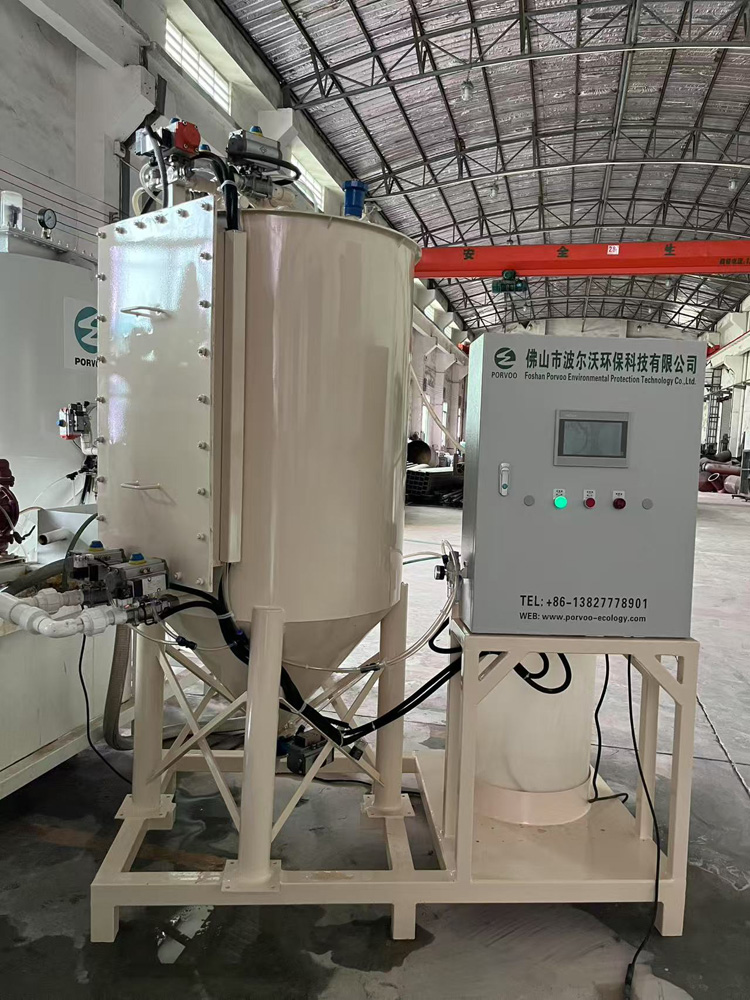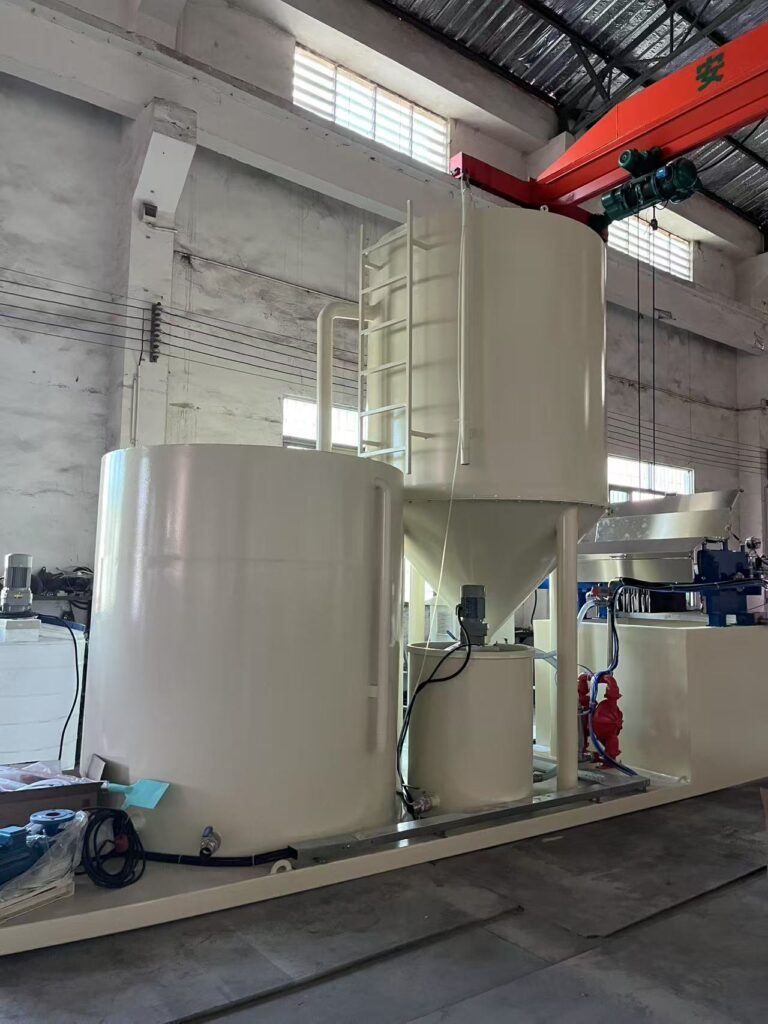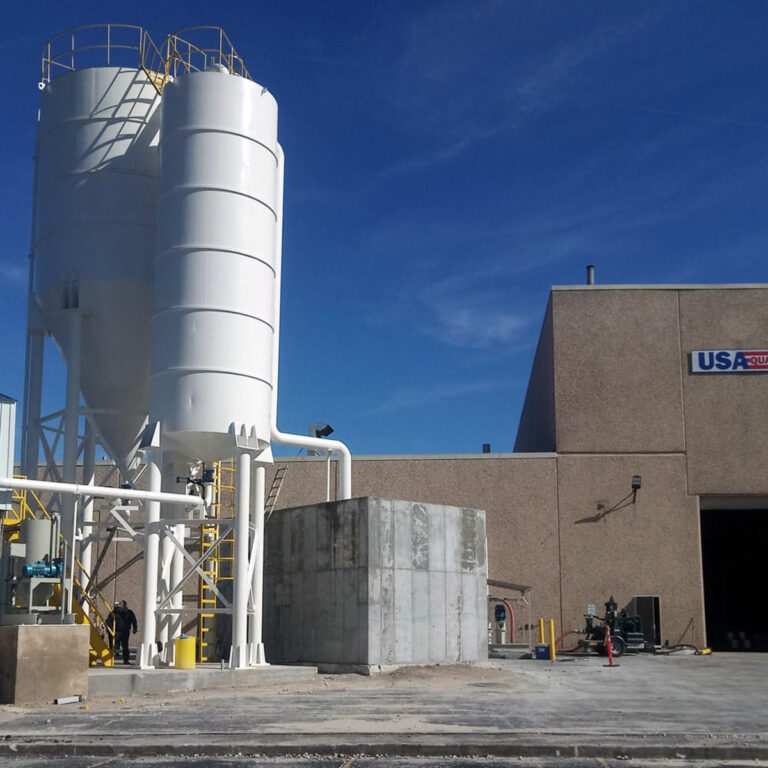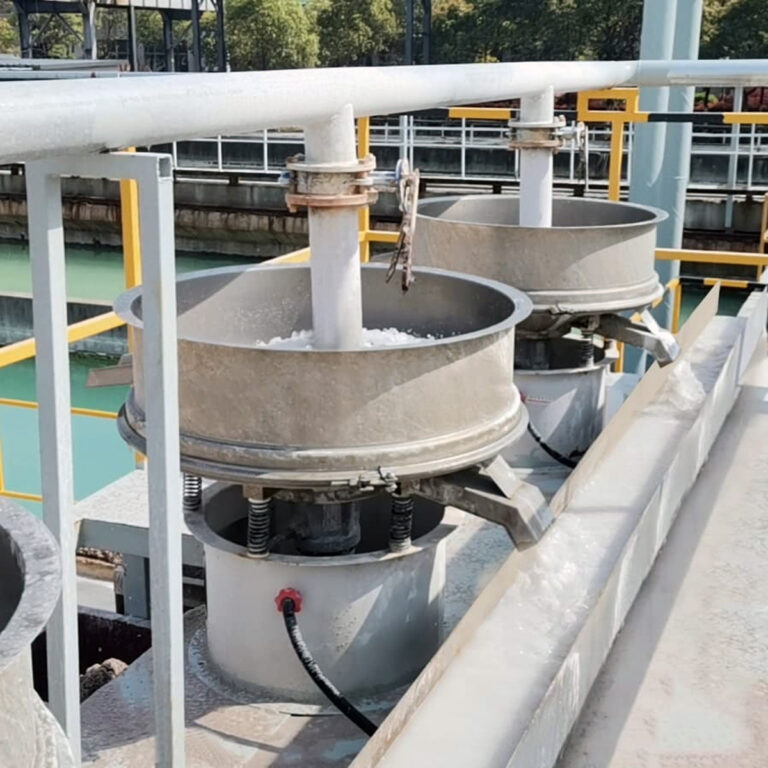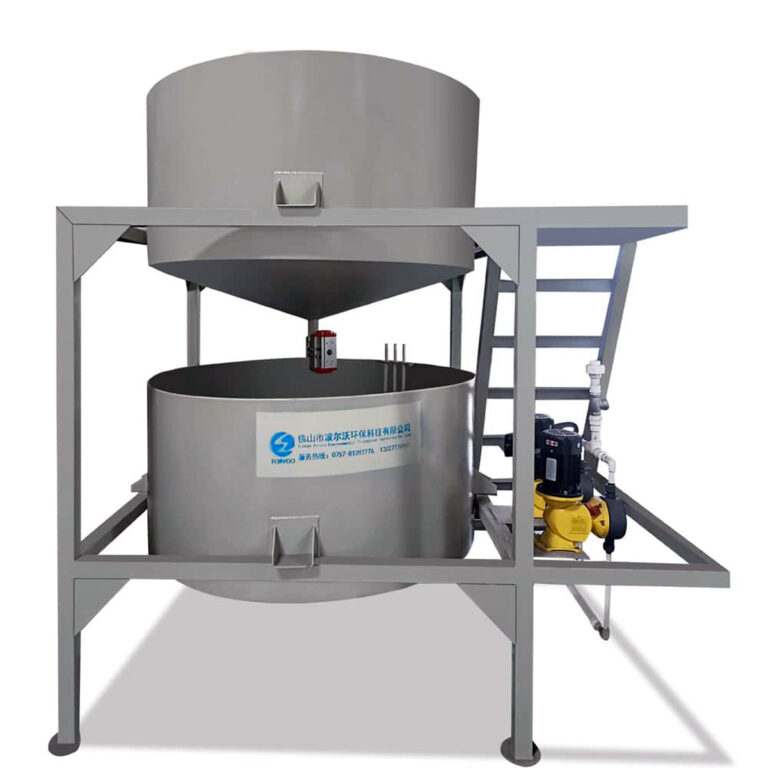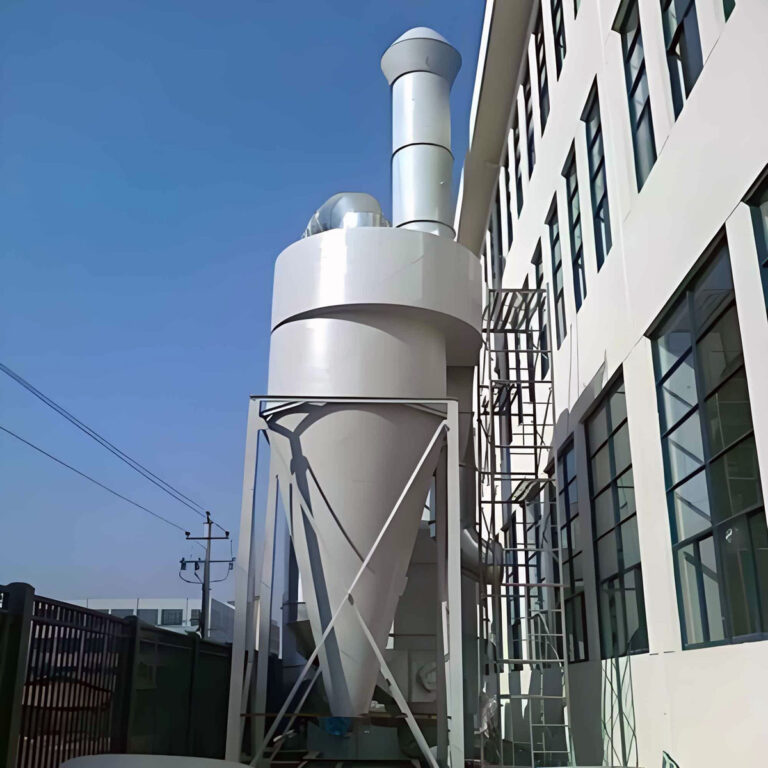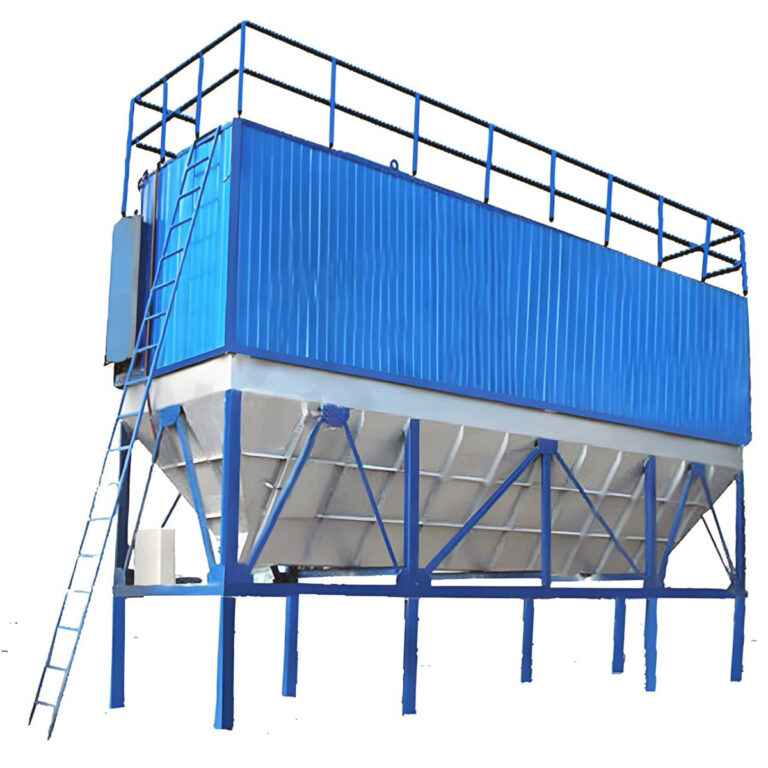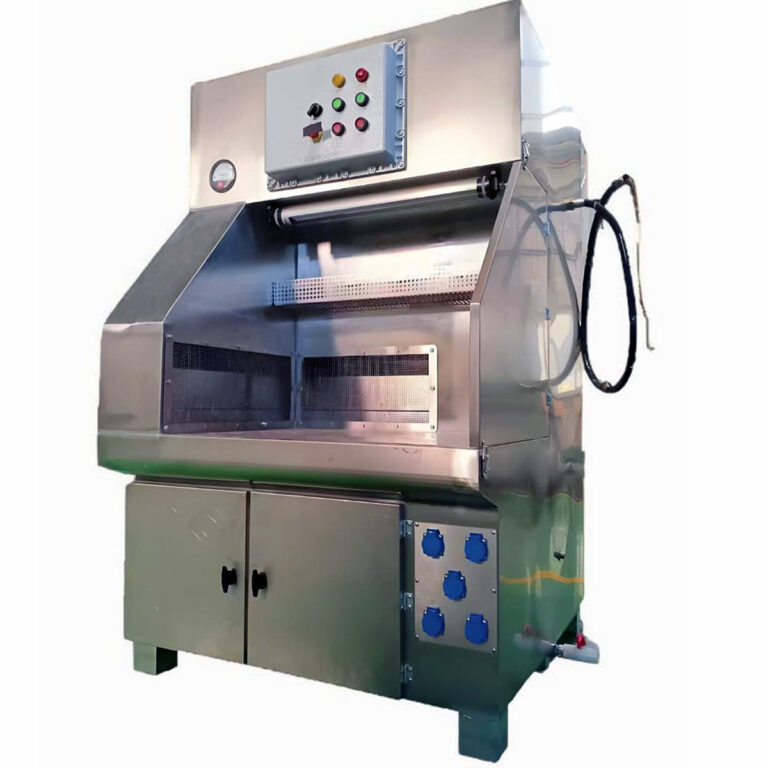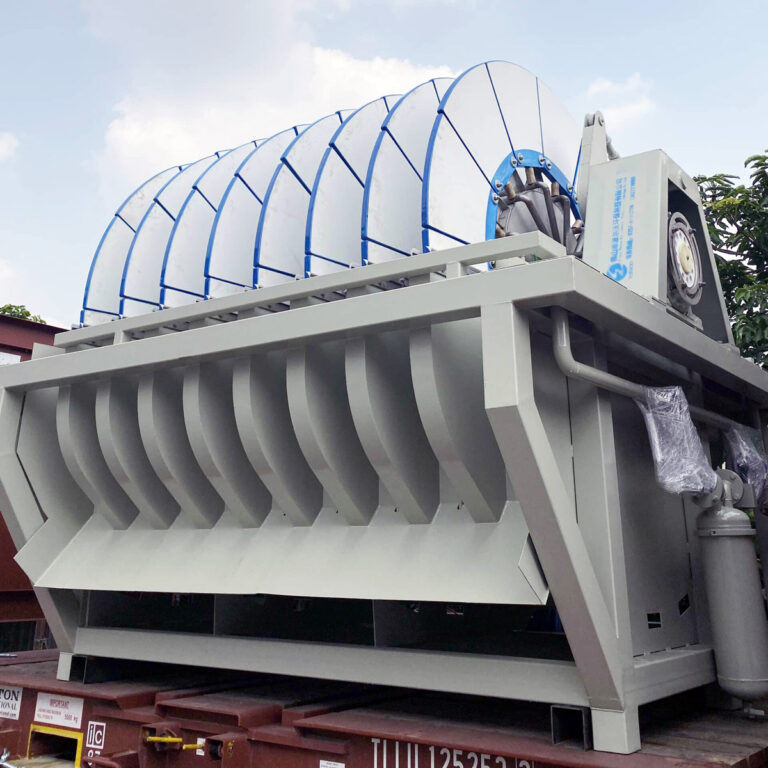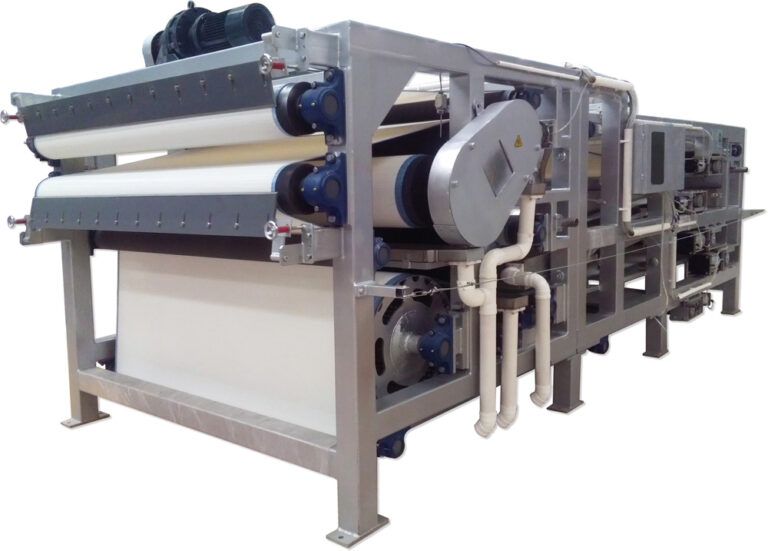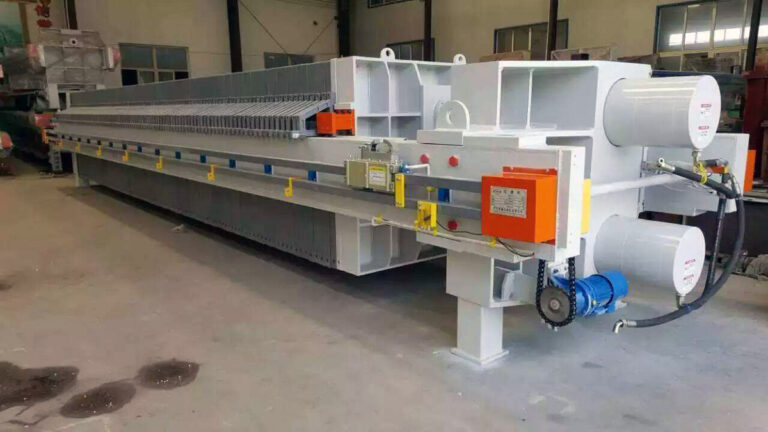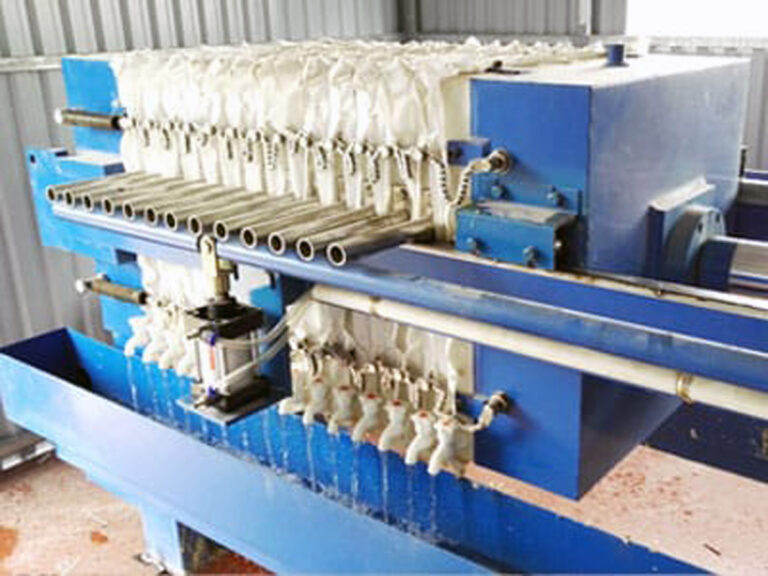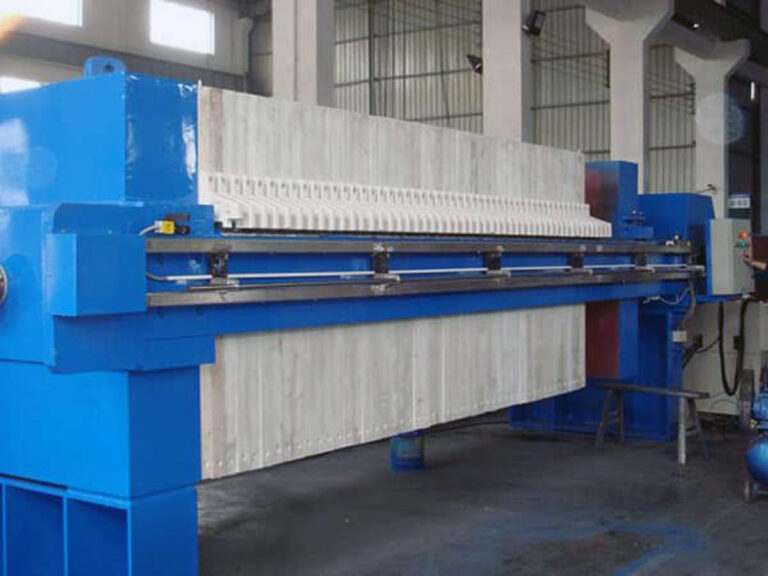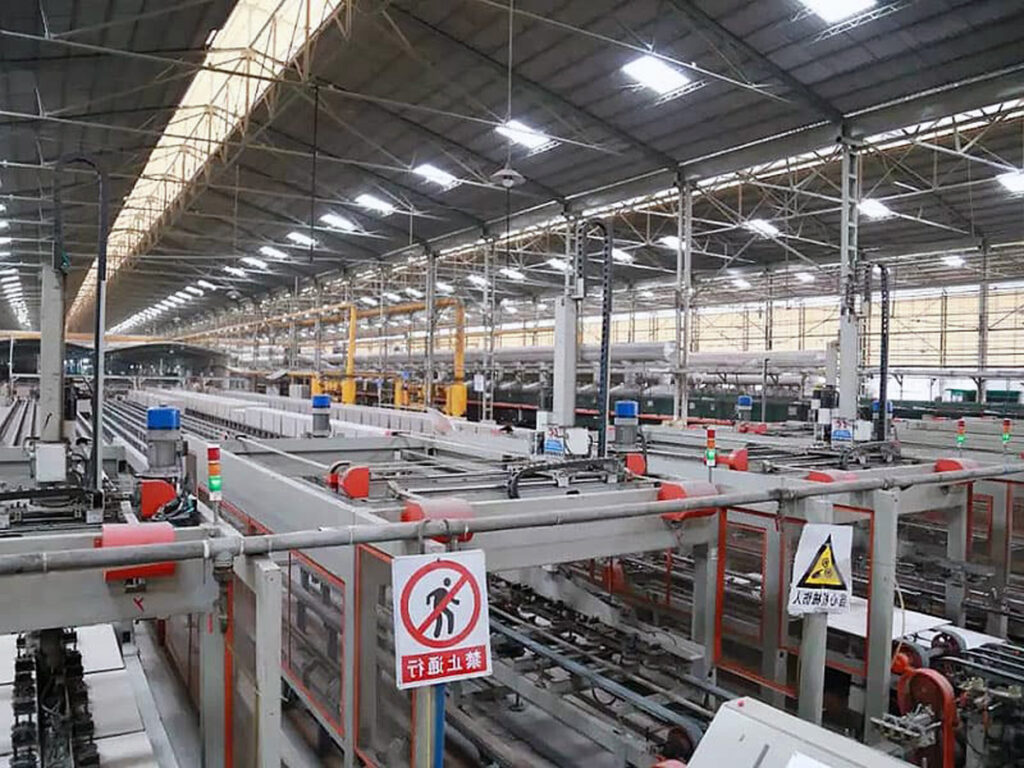The industrial filtration market faces a critical challenge: proprietary equipment limitations that restrict operational flexibility and inflate maintenance costs. Many facilities find themselves locked into single-vendor ecosystems, facing filter equipment alternatives shortages during peak demand periods or when specialized components become obsolete. This dependency creates operational vulnerabilities that can halt production lines and impact bottom-line performance.
Without access to reliable alternative filtration solutions, manufacturers often experience 15-30% higher operational costs due to premium pricing from sole-source suppliers. The consequences extend beyond immediate expenses—production delays, quality inconsistencies, and reduced competitiveness in global markets become inevitable outcomes. Emergency sourcing situations can inflate costs by 200-400% while compromising filtration performance standards.
This comprehensive guide examines proven alternative filtration solutions that deliver comparable performance while providing operational flexibility. We’ll explore universal filter systems, cost-optimization strategies, and selection criteria that help industrial facilities break free from vendor lock-in situations. PORVOO specializes in providing these flexible solutions across diverse industrial applications.
What Are the Main Types of Filter Equipment Alternatives?
Generic Filtration Systems
Generic filtration systems represent the most accessible entry point for facilities seeking alternative industrial filters. These systems utilize standardized components and internationally recognized specifications, ensuring compatibility across multiple manufacturers. Unlike proprietary systems, generic alternatives offer interchangeable parts that reduce inventory complexity and procurement lead times.
The technical specifications of generic systems typically follow industry standards such as ISO 16889 for hydraulic filters or ASHRAE 52.2 for air filtration applications. Performance metrics remain consistent with OEM specifications, delivering 95-99% filtration efficiency depending on application requirements. Cost savings range from 25-40% compared to proprietary alternatives, with additional benefits including reduced spare parts inventory and simplified maintenance procedures.
Universal Filter Platforms
Universal filter systems provide modular architectures that accommodate various filtration media and operational parameters. These platforms feature standardized mounting configurations, connection interfaces, and control systems that integrate seamlessly with existing infrastructure. The modular design allows facilities to customize filtration performance without replacing entire systems.
Key advantages include scalability for changing production requirements, reduced training complexity for maintenance staff, and standardized documentation across multiple installations. However, universal systems may require initial compatibility assessments to ensure optimal integration with existing process control systems.
Retrofitted Solutions
Retrofitted industrial filtration systems offer cost-effective alternatives for facilities with established infrastructure. These solutions modify existing equipment housings to accommodate alternative filtration media or upgraded control systems. Retrofit approaches typically reduce capital investment by 60-70% compared to complete system replacement.
| Solution Type | Cost Reduction | Implementation Time | Compatibility Range |
|---|---|---|---|
| Generic Systems | 25-40% | 2-4 weeks | High |
| Universal Platforms | 30-50% | 4-8 weeks | Very High |
| Retrofitted Solutions | 60-70% | 1-3 weeks | Moderate |
How Do Alternative Filtration Solutions Compare in Performance?
Efficiency Metrics Analysis
Performance comparison requires evaluation of multiple filtration parameters including particle removal efficiency, pressure drop characteristics, and service life expectations. Independent testing demonstrates that quality generic filtration equipment achieves 98-99.5% efficiency ratings comparable to OEM specifications. Beta ratios for hydraulic applications consistently meet or exceed industry standards across 3-25 micron particle sizes.
Real-world testing at automotive manufacturing facilities showed alternative filter media achieving 15% longer service intervals while maintaining consistent pressure drop profiles. This extended service life translates to reduced maintenance frequency and lower total cost of ownership over equipment lifecycles.
Operational Reliability
Alternative filtration solutions demonstrate reliability metrics comparable to proprietary systems when properly specified and maintained. Mean time between failures (MTBF) data from chemical processing applications indicates 8,000-12,000 operating hours for quality alternatives versus 10,000-15,000 hours for OEM systems. This marginal difference becomes negligible when considering the 40-60% cost advantages of alternative solutions.
Quality Assurance Standards
Manufacturing quality varies significantly among alternative suppliers, making vendor qualification critical for successful implementation. ISO 9001 certification, Third-party testing validation, and documented quality management systems serve as essential selection criteria. Leading alternative manufacturers invest heavily in quality control processes that rival OEM standards.
What Factors Should Guide Filter Equipment Selection?
Technical Compatibility Assessment
Successful implementation begins with comprehensive compatibility analysis covering hydraulic specifications, mounting configurations, and control system interfaces. Flow rate requirements, pressure ratings, and temperature specifications must align precisely with existing system parameters. Dimensional compatibility includes housing dimensions, connection types, and clearance requirements for maintenance access.
Chemical compatibility becomes particularly critical in process industries where filtration media contacts corrosive substances or extreme temperatures. Material selection databases and chemical resistance charts provide essential guidance for media selection and housing specifications.
Cost-Benefit Analysis Framework
Initial Investment Considerations
Alternative filtration solutions typically reduce initial capital investment by 25-50% compared to proprietary systems. However, comprehensive cost analysis must include installation expenses, system integration costs, and potential production downtime during implementation. Filter equipment options with proven track records minimize implementation risks and associated costs.
Long-term Operational Costs
Operating expense analysis encompasses energy consumption, maintenance requirements, and replacement parts availability. Alternative solutions often provide 20-30% lower operating costs through improved energy efficiency and reduced maintenance complexity. Standardized components enable bulk purchasing strategies that further reduce ongoing expenses.
Implementation Timeline Planning
Project timelines vary significantly based on system complexity and customization requirements. Standard alternative solutions typically require 2-6 weeks for procurement and installation, while custom configurations may extend to 8-12 weeks. Parallel implementation strategies can minimize production disruption by staging equipment installation during planned maintenance windows.
Which Industries Benefit Most from Alternative Filtration?
Manufacturing and Production
Manufacturing facilities benefit significantly from alternative filtration solutions due to high-volume consumption patterns and standardized operational requirements. Automotive, electronics, and consumer goods manufacturers report 30-45% cost reductions through alternative filter implementation. The standardized nature of manufacturing processes facilitates generic solution adoption with minimal customization requirements.
Production environments with multiple identical systems achieve additional economies of scale through standardized maintenance procedures and bulk parts procurement. Training requirements decrease when maintenance staff work with consistent equipment across multiple production lines.
Chemical Processing Applications
Chemical processing facilities present unique challenges requiring specialized filtration solutions for corrosive environments and extreme operating conditions. Alternative suppliers increasingly offer specialized media and housing materials that match OEM specifications while providing cost advantages. Stainless steel housings, PTFE media, and specialized gasket materials enable successful implementation in demanding chemical applications.
Case studies from pharmaceutical manufacturing demonstrate successful alternative implementation achieving FDA compliance while reducing filtration costs by 35-40%. Validation protocols and documentation packages from established alternative suppliers facilitate regulatory compliance processes.
Power Generation and Utilities
Power generation facilities benefit from alternative filtration through reduced maintenance costs and improved parts availability. Turbine oil filtration systems, cooling water treatment, and fuel filtration applications successfully utilize generic filtration equipment with proven performance records. The standardized nature of utility operations enables straightforward specification and implementation processes.
| Industry Sector | Typical Cost Savings | Implementation Complexity | ROI Timeline |
|---|---|---|---|
| Manufacturing | 30-45% | Low | 6-12 months |
| Chemical Processing | 35-40% | Medium | 8-18 months |
| Power Generation | 25-35% | Low | 12-24 months |
What Are the Common Implementation Challenges?
Compatibility and Integration Issues
The primary challenge involves ensuring seamless integration with existing control systems and operational procedures. Legacy systems may require interface modifications or control logic updates to accommodate alternative filtration equipment. Thorough pre-implementation testing and pilot installations help identify potential integration issues before full-scale deployment.
Mechanical compatibility extends beyond dimensional specifications to include vibration characteristics, thermal expansion coefficients, and electrical grounding requirements. Comprehensive engineering reviews prevent costly installation delays and performance issues.
Quality Assurance Concerns
Maintaining consistent quality across alternative suppliers requires robust vendor qualification processes and ongoing quality monitoring. In our experience, establishing clear performance specifications and acceptance criteria prevents quality-related issues during implementation. Regular performance monitoring and supplier audits ensure continued compliance with operational requirements.
Maintenance and Support Infrastructure
Alternative filtration solutions may require adjustments to existing maintenance procedures and spare parts inventory management. Training programs for maintenance staff ensure proper installation and service procedures. While initial training investments are required, the standardized nature of alternative solutions typically simplifies long-term maintenance requirements.
How to Optimize Alternative Filtration System Performance?
Preventive Maintenance Strategies
Optimized maintenance schedules maximize alternative filtration system performance while minimizing operational disruption. Condition-based monitoring using differential pressure sensors and vibration analysis enables predictive maintenance strategies that extend component life by 20-30%. Regular performance monitoring identifies degradation trends before they impact production operations.
Standardized maintenance procedures across multiple alternative systems reduce training requirements and improve maintenance efficiency. Documentation packages from quality alternative suppliers provide comprehensive maintenance guidelines that ensure optimal performance throughout system lifecycles.
Performance Monitoring and Optimization
Continuous performance monitoring enables optimization of operating parameters and early identification of potential issues. Data logging systems track key performance indicators including pressure drop, flow rates, and efficiency metrics. This monitoring data supports both immediate operational decisions and long-term strategic planning for equipment replacement or expansion.
Continuous Improvement Processes
Successful alternative filtration implementation requires ongoing evaluation and improvement processes. Regular performance reviews identify opportunities for additional cost savings or performance improvements. Feedback mechanisms enable continuous refinement of specifications and procedures based on operational experience.
Industry research indicates that facilities implementing structured continuous improvement processes achieve 15-25% additional cost reductions beyond initial alternative solution savings. This ongoing optimization approach maximizes the value proposition of alternative filtration investments.
Conclusion
Alternative filtration solutions provide compelling value propositions for industrial facilities seeking operational flexibility and cost optimization. The analysis demonstrates that quality filter equipment alternatives deliver comparable performance while reducing costs by 25-50% across various industrial applications. Universal filter systems and generic filtration equipment offer proven pathways to break free from vendor lock-in situations without compromising operational performance.
Key implementation success factors include thorough compatibility assessment, robust vendor qualification processes, and comprehensive performance monitoring systems. While initial integration challenges may arise, structured implementation approaches and continuous improvement processes ensure successful long-term outcomes. The manufacturing, chemical processing, and power generation sectors show particularly strong returns on alternative filtration investments.
Looking forward, industry standardization trends and increasing supplier competition will continue expanding alternative filtration options while improving quality and reducing costs. Smart monitoring technologies and predictive maintenance capabilities will further enhance the value proposition of alternative solutions.
Consider your facility’s specific requirements and evaluate how alternative filtration solutions align with your operational objectives and cost optimization goals. What challenges does your current filtration system present, and how might alternative solutions address these limitations while supporting your facility’s long-term strategic objectives?
Frequently Asked Questions
Q: What are Industrial Filter Equipment Alternatives | Universal Solutions?
A: Industrial Filter Equipment Alternatives | Universal Solutions refer to a range of filtration options designed to meet various industrial needs beyond conventional filters. These alternatives include different types of pressure filters, vacuum filters, membrane filtration systems, and advanced air filters that offer tailored solutions for diverse processes, such as water treatment, air purification, and liquid-solid separation. They provide flexibility in terms of efficiency, cost, maintenance, and space requirements, making them universal solutions adaptable to many industries.
Q: Why consider alternatives to traditional industrial filter equipment?
A: Choosing alternatives to traditional industrial filter equipment often stems from the need for enhanced performance, cost savings, or specific operational requirements. Alternatives can offer:
- Better efficiency in contaminant removal
- Lower maintenance or automatic cleaning capabilities
- Space-saving designs
- Adaptability to different filtration types like pressure, vacuum, or membrane systems
- Solutions targeted at removing specific pollutants such as chemicals, VOCs, or fine particulates
Universal solutions enable industries to optimize filtration depending on their unique process and environmental demands.
Q: What types of filtration methods are included under Industrial Filter Equipment Alternatives?
A: The main types include:
- Pressure Filtration: Uses pressure to force liquids through filter media, effective for removing fine particles and easily automated.
- Vacuum Filtration: Employs vacuum to draw liquids through the filter, suitable for continuous or batch processing.
- Membrane Filtration: Uses semi-permeable membranes, ideal for removing dissolved solids, bacteria, and viruses.
- Mechanical Filtration: Includes bag and cartridge filters, often cost-effective and widely applicable.
- Advanced Air Filtration: Such as HEPA, V-cell, and UV technology filters for improving air quality.
These alternatives cover a broad spectrum of industrial filtration needs with diverse advantages.
Q: How do Universal Solutions benefit industries in choosing the right filtration equipment?
A: Universal Solutions offer industries:
- Flexibility: Ability to select filtration methods that match specific contaminants and process requirements.
- Cost Efficiency: Options that balance initial investment with operational and maintenance costs.
- Improved Product Quality: Enhanced purification helps maintain compliance and product standards.
- Automation and Reduced Downtime: Some alternatives feature automatic self-cleaning to minimize manual intervention.
- Environmental Compliance: Advanced filtration can handle complex pollutants, supporting sustainability goals.
This holistic approach ensures industries get tailored filtration systems that optimize performance and cost.
Q: What should be considered when selecting Industrial Filter Equipment Alternatives | Universal Solutions?
A: Important considerations include:
- Type of contaminants: Particulates, chemicals, VOCs, bacteria, or dissolved solids.
- Process requirements: Batch vs. continuous, pressure tolerance, and flow rates.
- Space limitations: Compactness of the filtration system.
- Maintenance needs: Frequency, ease, and cost of upkeep.
- Budget constraints: Initial capital vs. long-term operating costs.
- Regulatory compliance: Meeting industry-specific filtration standards.
Evaluating these factors helps in choosing the most suitable universal filtration solution for industrial applications.
Q: Can Industrial Filter Equipment Alternatives integrate with existing systems?
A: Yes, many Industrial Filter Equipment Alternatives are designed to be compatible with existing setups. For example, carbon filters can be combined with sediment or membrane filtration to enhance purification. UV systems can be added to HVAC for improved air quality. Self-cleaning filters often retrofit into current processes to reduce downtime. These universal solutions are flexible and can either replace or supplement traditional equipment, providing scalable and modular upgrades without extensive system overhauls.
External Resources
Top Filtra Systems Alternatives, Competitors – CB Insights – Provides a detailed comparison of industrial filtration equipment competitors, outlining top alternatives such as ATMOS 360 Manufacturing, Control Instruments, Enviro Voraxial, and Monroe Environmental, with insights into their filtration solutions.
Top 20 Industrial Filters Manufacturers You Should Know – HENGKO – Offers an overview of leading manufacturers in industrial filter equipment, discussing various alternatives and their specializations across sectors like food processing, pharmaceuticals, and automotive industries.
Filtration Equipment Suppliers – Thomasnet – Lists suppliers and manufacturers of industrial filtration equipment, including options for liquid, air, gas, and custom industrial filter solutions suitable for a wide range of industries.
Top Filtration Group Alternatives, Competitors – CB Insights – Details leading competitors and alternatives to Filtration Group, highlighting companies like RoboVent, GVS, and Entegris for their air filtration and industrial equipment solutions.
Industrial Filtration Solutions | Donaldson Company, Inc. – Features alternative industrial filter equipment and integrated filtration solutions for dust, fume, and mist control across various industrial settings, focusing on efficiency and reliability.
Industrial Filter Manufacturers and Suppliers | IQS Directory – Connects users with reputable manufacturers and suppliers of industrial filters in the United States, offering detailed information on equipment types and alternative solutions for diverse industrial applications.
